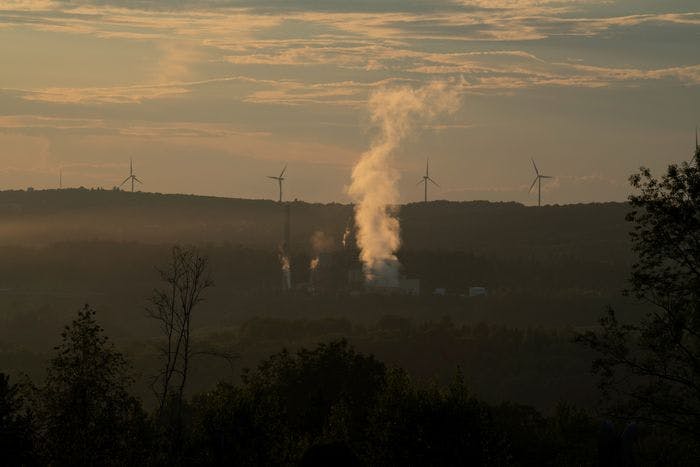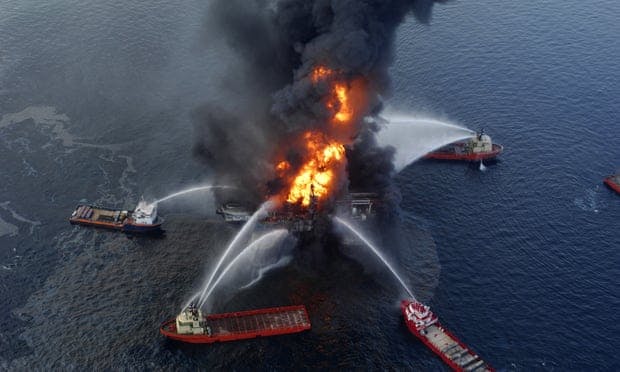 Intelligencer
Intelligencer
COVID Took a Toll on Coal, Clearing Way for a Green Recovery
The COVID pandemic has provided climate hawks with plenty of cause for despair. The fact that America’s capacity for misgovernance, ideological delusion, and consumerist myopia has proved vast enough to sustain opposition to indoor-dining restrictions and facial masks — even after a viral illness put 463,000 Americans in the ground — does not bode well for the prospects of a green awakening. The threat that COVID poses to the public is more universal than any discrete climate disaster is likely to be. And the policies necessary for mitigating the pandemic — universal mask-wearing and sustained lockdowns — demand less economic disruption and more immediate payoff than those necessary for affecting a rapid energy transition ever will.
More concretely, while the pandemic did yield the largest annual carbon-emissions reduction on record, this nevertheless proved much smaller than analysts had initially expected, as energy demand rebounded by the end of the year. The current trend line suggests that the world could catch back up to its pre-pandemic pollution potential by 2022.
Read more The Guardian
The Guardian
Massive losses should be a warning to big oil that its bonanza is over
The final months of 2020 were a tough end to a tough year, according to BP’s chief executive. But Bernard Looney’s verdict on the worst financial year in the industry’s history is a devastating understatement. It was a period marked by thousands of job cuts, battered dividend policies and record multibillion-dollar losses.
BP revealed a full-year loss of $18bn, its first since the Deepwater Horizon disaster more than a decade ago, while US oil giant ExxonMobil reported an annual loss of $22.4bn – its first ever. Shell capped a year in which it slashed its dividend for the first time since the second world war with a debit of almost $20bn.
Read more Reuters
Reuters
Fossil fuel pollution causes one in five premature deaths globally: study
Pollution from fossil fuels causes one in five premature deaths globally, suggesting the health impacts of burning coal, oil and natural gas may be far higher than previously thought, according to a study published on Tuesday.
Parts of China, India, Europe and the northeastern United States are among the hardest-hit areas, suffering a disproportionately high share of 8.7 million annual deaths attributed to fossil fuels, the study published in the journal Environmental Research found.
Read more E&E
E&E
Bahamian offshore drilling hopes 'shattered'
A controversial gambit to drill for oil and natural gas in the blue waters of the Bahamas — roughly 150 miles from the Florida coast — has ended in disappointment, with analysts anticipating that the country's hopes for an oil industry have been "shattered."
The Britain-based Bahamas Petroleum Co., with leaseholdings just 50 miles off the coast of Miami, told investors yesterday that it will plug and abandon its highly anticipated exploration well, Perseverance 1, after finding that the oil and gas potential doesn't justify further development.
Read more Bloomberg
Bloomberg
Fossil Fuel Pollution Kills 8.7 Million a Year, Twice Previous Estimate
Efforts to slow the process of global warming focus on the future harms of continuing to burn fossil fuel, but new research released Tuesday shows that deadly consequences from pollution are killing larger numbers of people right now than had been assumed.
Fossil fuels are alone responsible for more than 8 million premature deaths annually, according to new research by a team of U.S. and U.K. scientists published in Environmental Research. That's double the previous high-end estimate of fine-particle pollution mortality, and three times the combined number killed by HIV/AIDS, tuberculosis, and malaria in 2018.
Read more